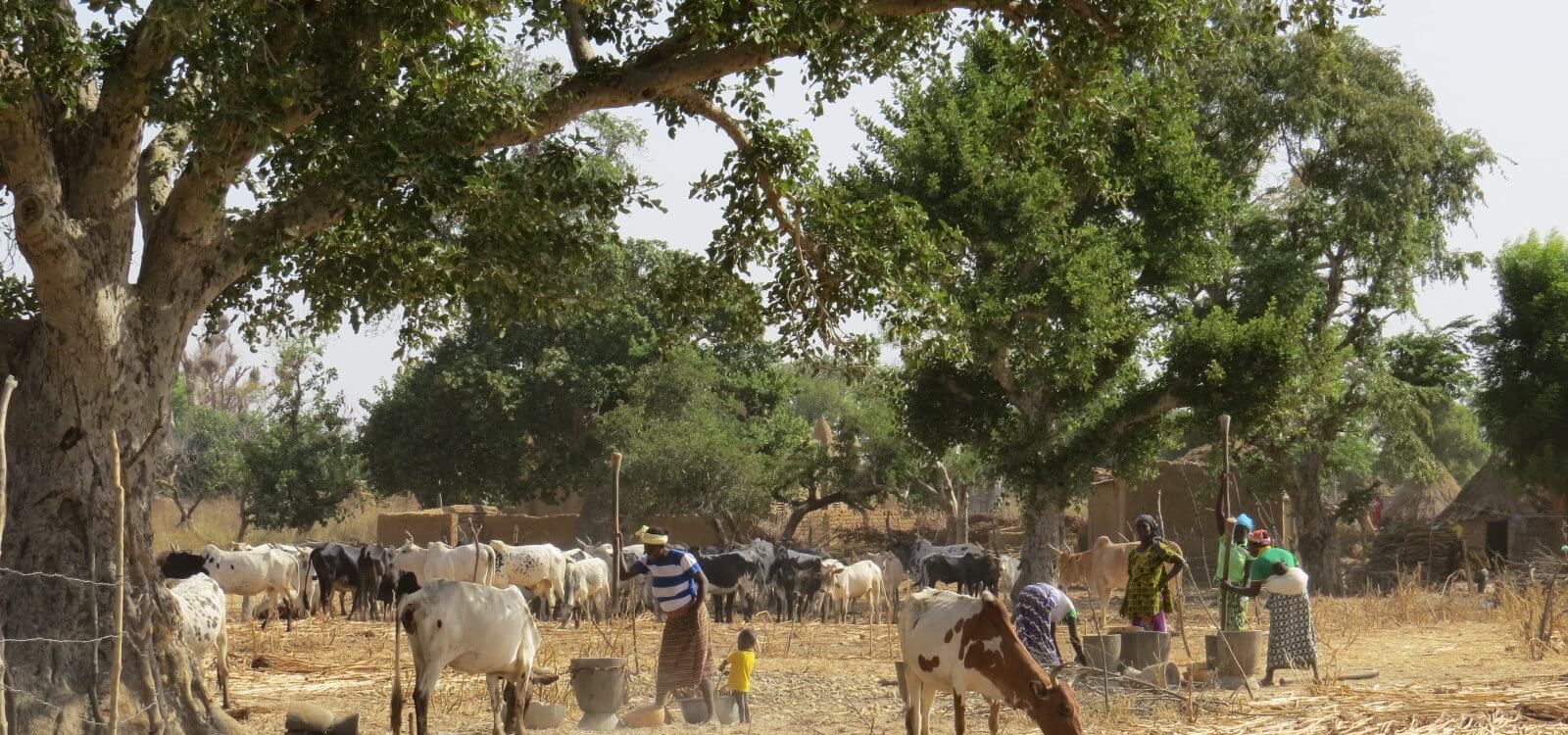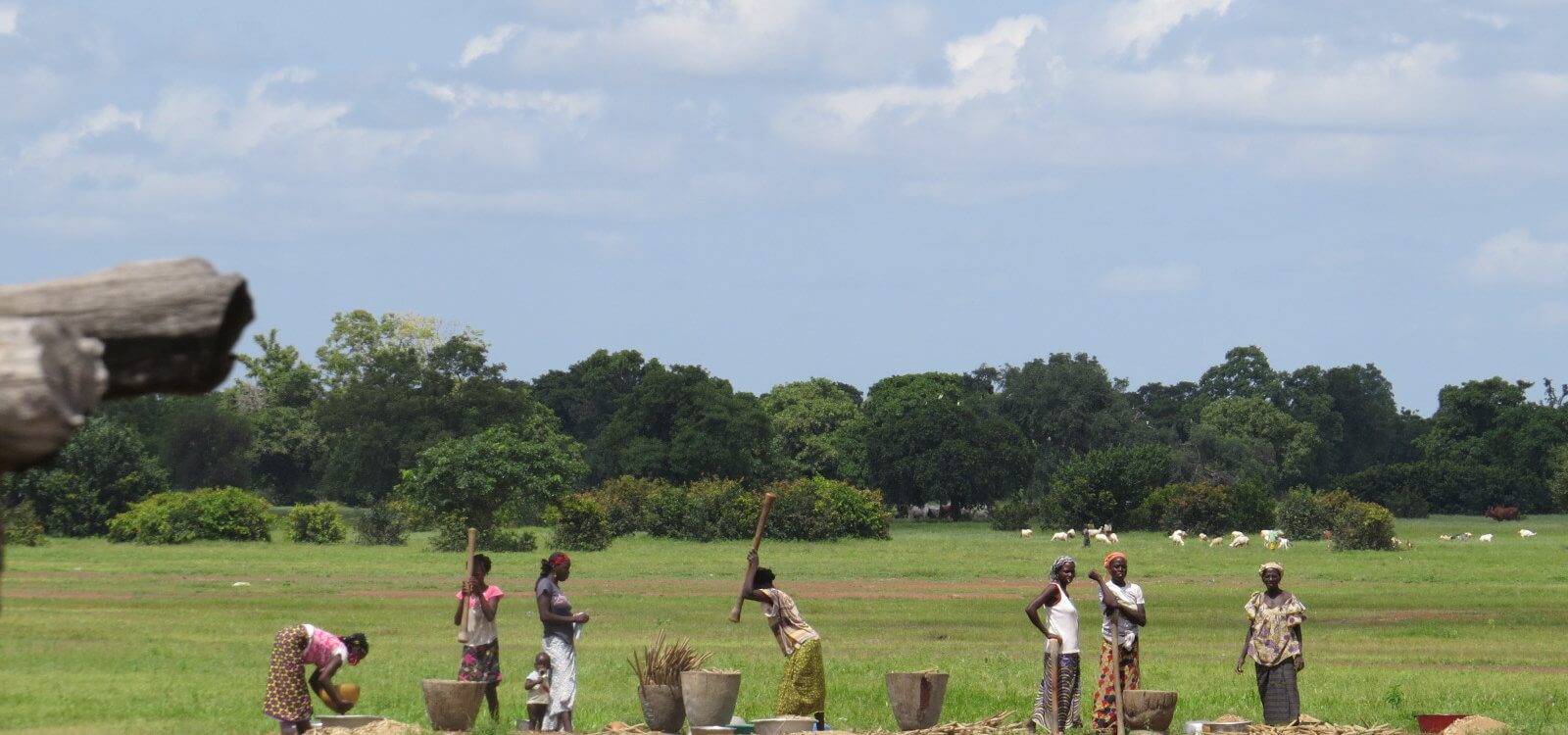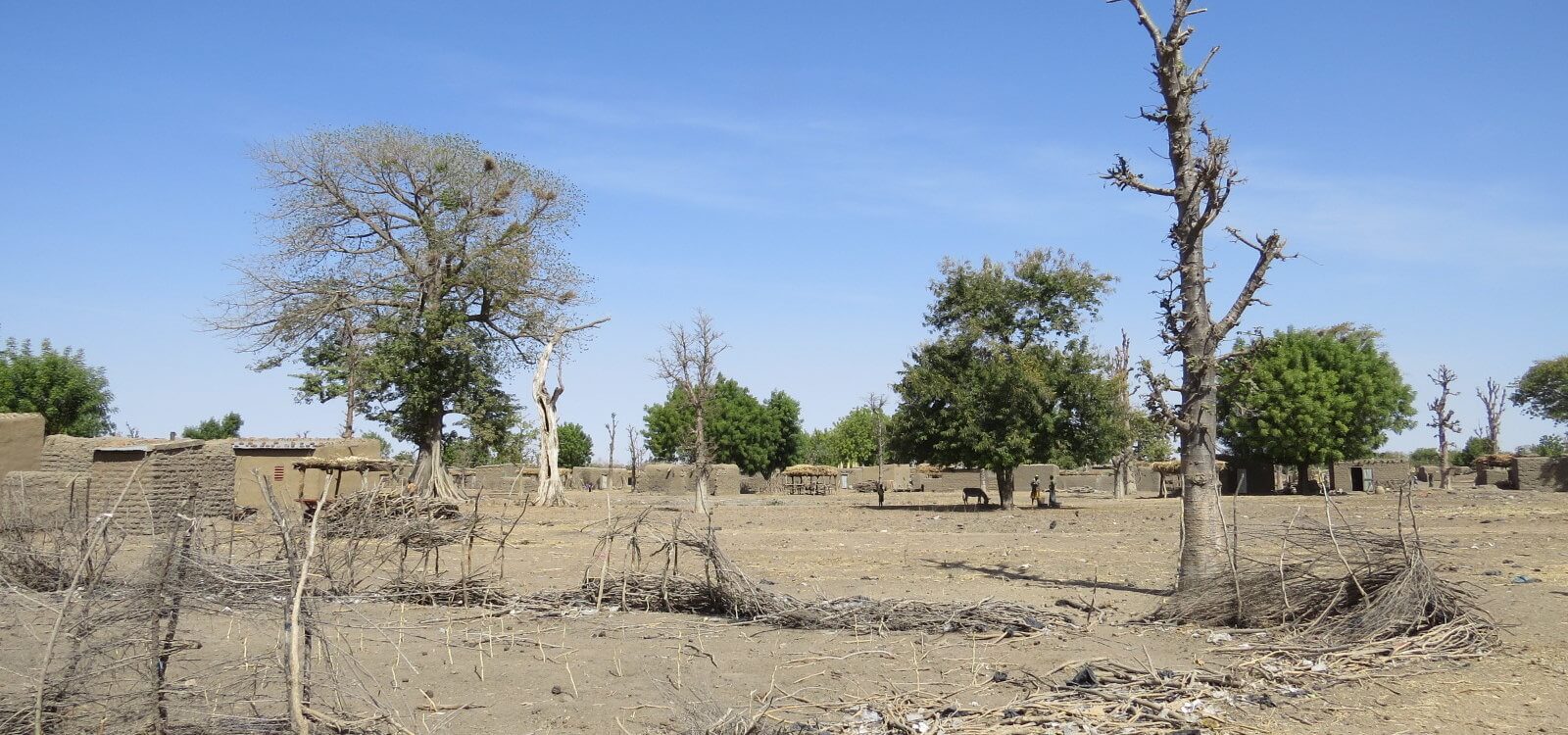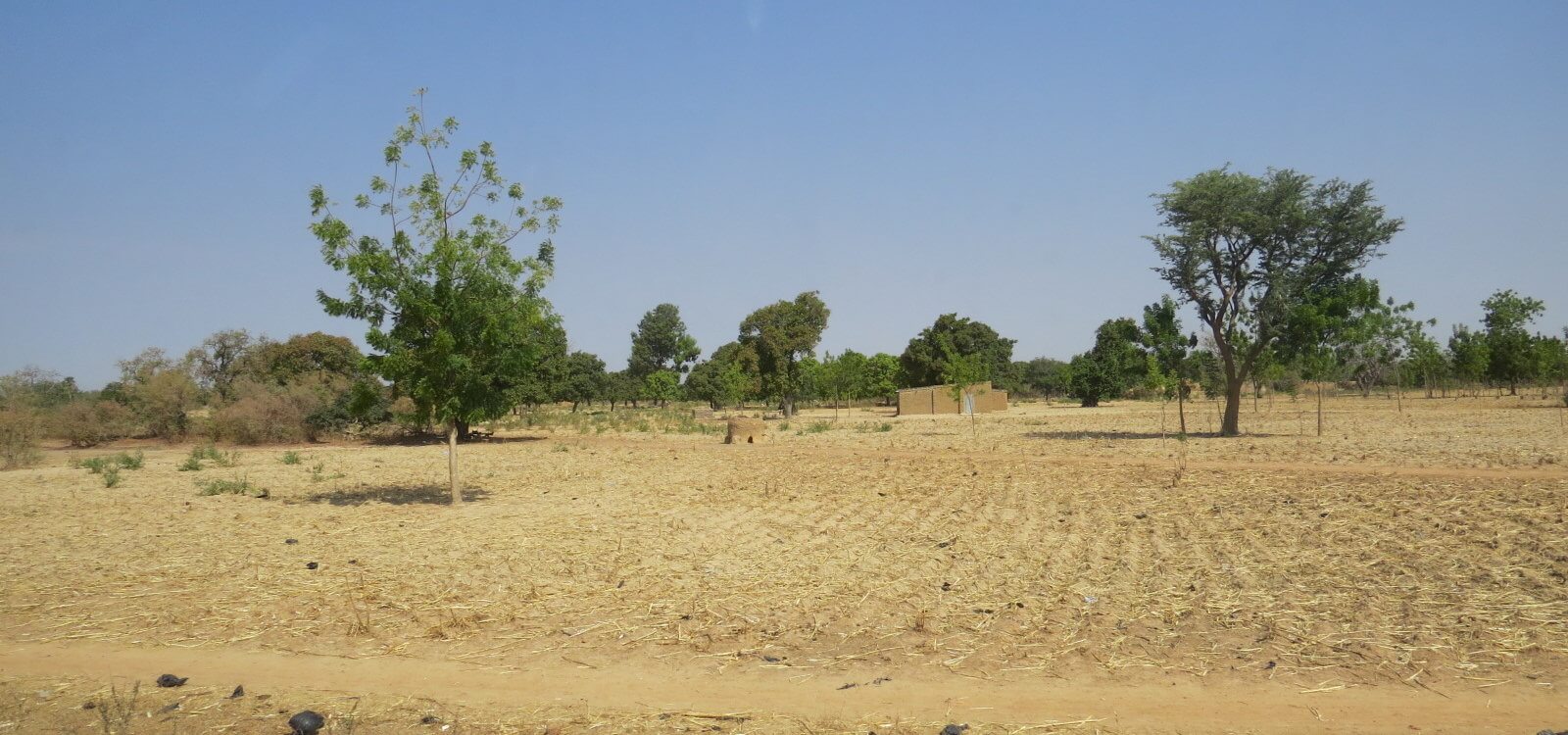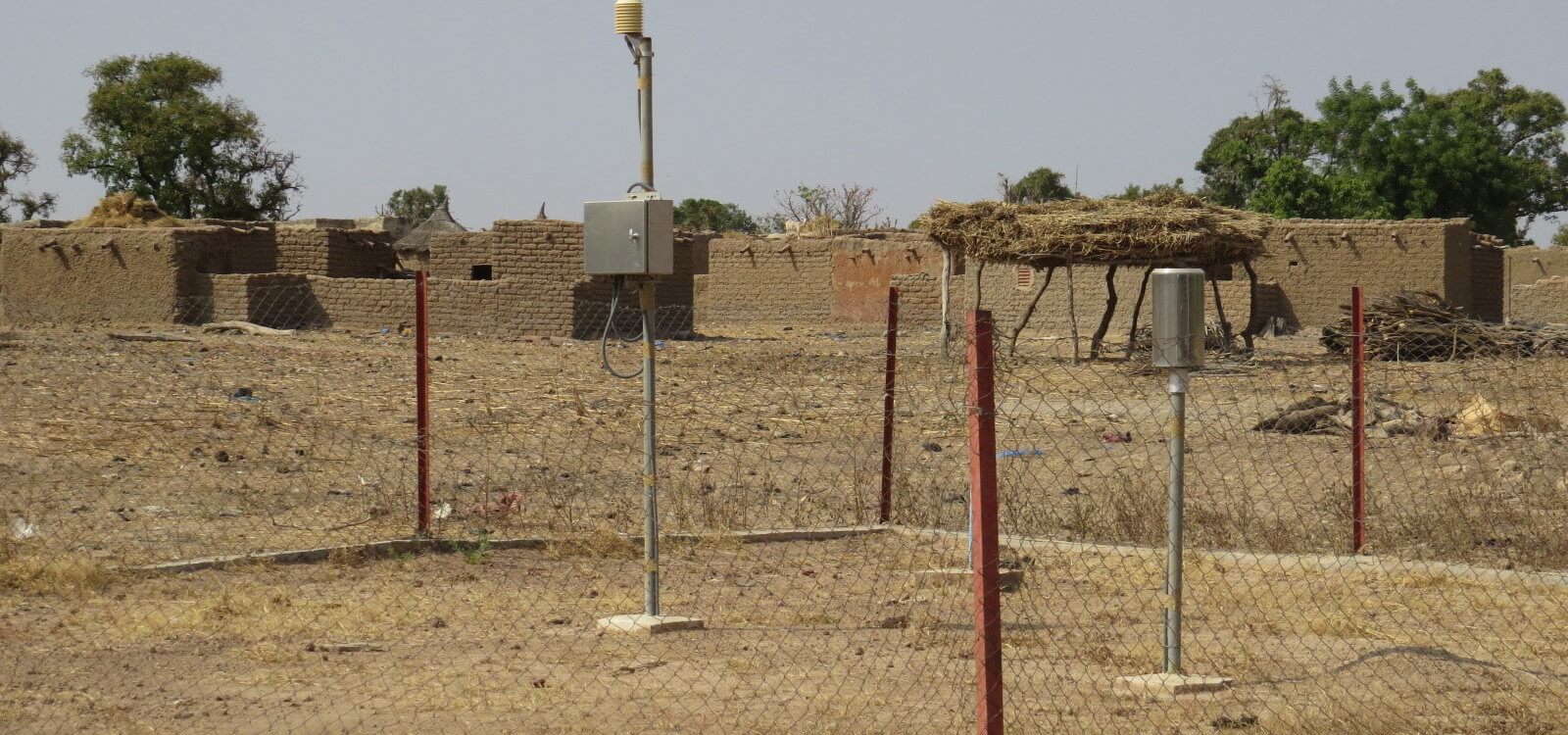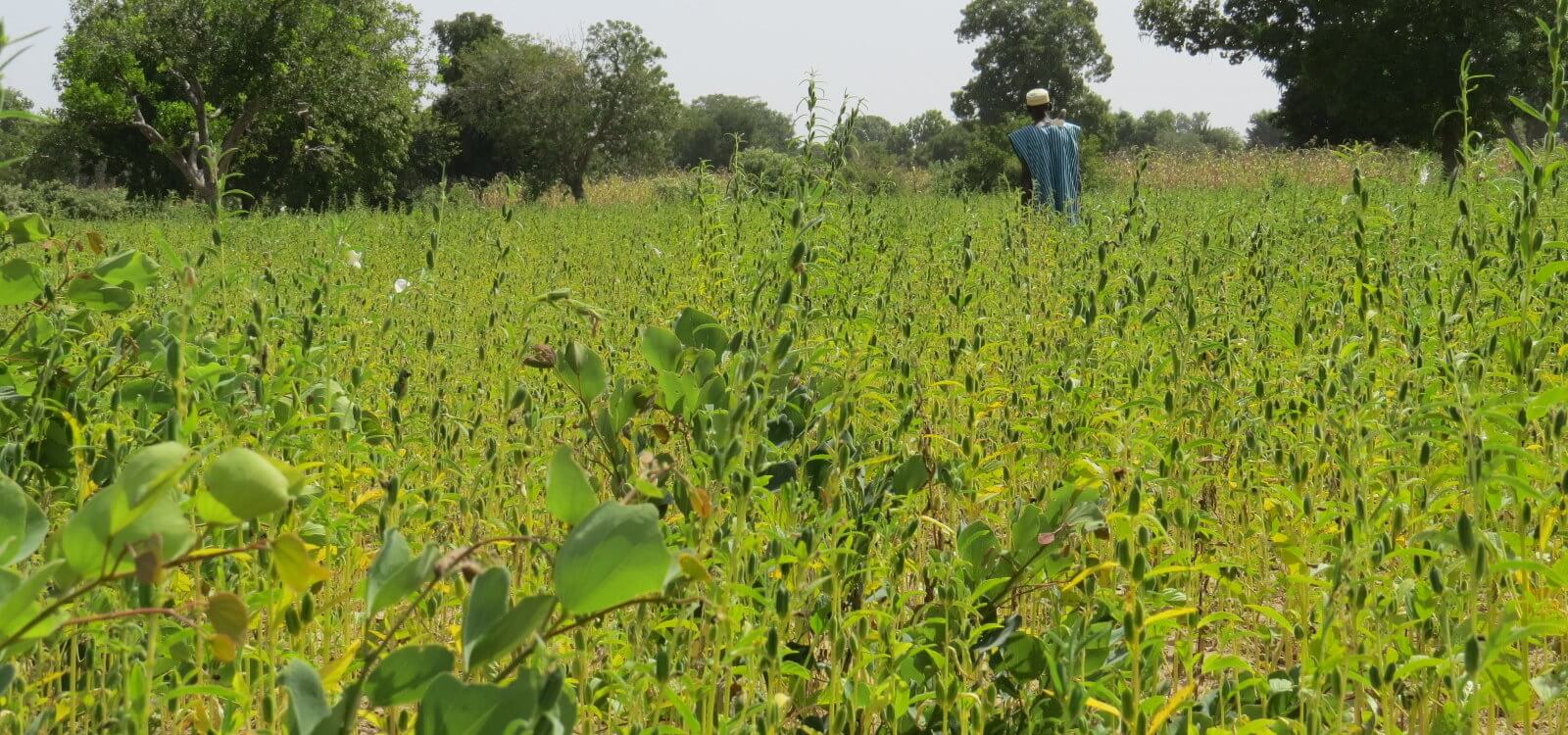Projects / CP1
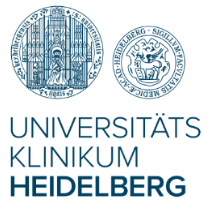

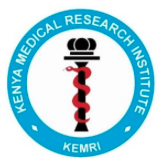
CP1: Development and analysis of population-health cohorts in Burkina Faso and Kenya
Globally, climate change influences a variety of factors that promote diseases, especially in sub-Saharan Africa. However, few empirical studies have focused on climate change impacts, adaptation strategies and related interventions in resource-poor contexts in sub-Saharan Africa. A major reason for this lack of studies and scientific output is that the research infrastructures that support health research in sub-Saharan Africa – particularly within the HDSS – do not allow addressing many of the most pressing research questions related to climate change and health.
In the first phase of the central project 1 project, we were able to create new insights into how an HDSS can be expanded and set up to carry out research in the field of climate change and health just as naturally and productively as it is already possible for other empirical population research. Our first methodological approach accompanies the translation of our feasibility study of the first project phase into a population-based approach – this component is accompanied by a mixed-methods approach. Insights on processes and experiences from various sources (“technological diaries”, interviews and HDSS routine data) are collected, which help us to find the best approaches for climate-relevant health research.
In addition, we want to evaluate the performance of a long-term data collection and explore this cohort, equipped with new individual sensors, in terms of heat stress, which we measure with the wearable-measured variables (heart rate, lung function, activity, sleep duration). We will continue to translate climate change and health research into information available to policymakers and the general public by developing dashboards that visualize climate change and health impacts in vulnerable populations. This data infrastructure, which we are creating from existing HDSS, can now also be transferred to graph-based databases to enable “Big Data” analyzes which allow us to use methods of artificial intelligence. HDSS data can thus provide important insights to close the knowledge gap and find new solutions to some of Africa’s most critical climate and health priorities. In addition to the studies described, the CP1 project makes key contributions to all other projects in this research group.
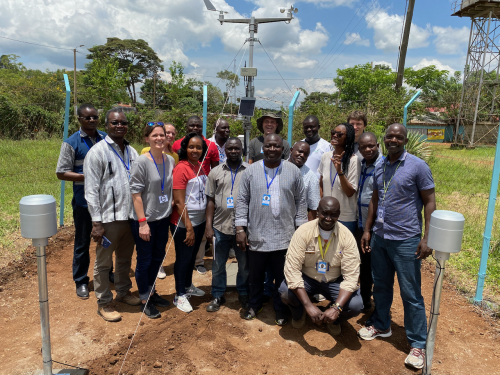
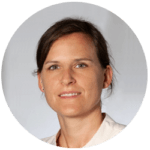
Lead Scientist and Co-PI:
Dr. Sandra Barteit
Heidelberg Institute of Global Health (HIGH)
Universitätsklinikum Heidelberg
Heidelberg, Germany
Email: barteit@uni-heidelberg.de

Principal Investigator (PI):
Prof. Dr. Dr. Till Bärnighausen (HIGH)
Heidelberg Institute of Global Health
Universitätsklinikum Heidelberg
Heidelberg, Germany
E-mail: till.baernighausen@uni-heidelberg.de
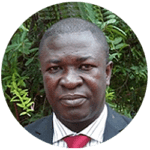
Co-PI:
Dr. Ali Sié
Centre de Recherche en Santé de Nouna (CRSN)
Nouna, Burkina Faso
E-mail: sieali@yahoo.fr

Co-PI:
Dr. Stephen Munga
Kenya Medical Research Institute (KEMRI)
Centers for Disease Control (CDC) Research & Public Health Collaboration
Kisumu, Kenya
E-mail: munga_os@yahoo.com
David Obor, leading scientist, KEMRI, Kenya
Valentin Boudo, leading scientist, Nouna, Burkina Faso
Sophie Huhn, PhD candidate for Nouna, Burkina Faso
Nour Kassem, PhD candidate
Perla Boutros, PhD candidate
Ina Matzke, PhD candidate

